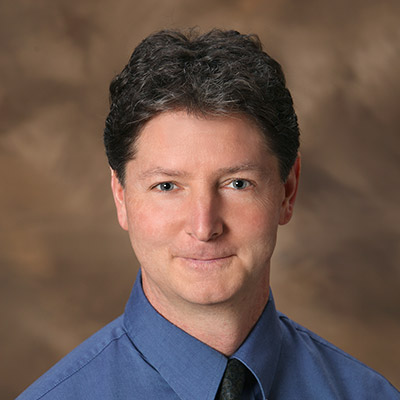Evaluation of the respiratory microbiome and the use of tracheal lavage as a diagnostic tool in Kemp’s ridley sea turtles (Lepidochelys kempii)
By Kerry L. McNally, Jennifer L. Bowen, Jennifer O. Brisson, Adam Kennedy, Charles J. Innis
Originally published in Animals in October 2021

Abstract
Respiratory disease is a common cause of morbidity and mortality in sea turtles, including the Kemp’s ridley sea turtle (Lepidochelys kempii). Although culture-dependent methods are typically used to characterize microbes associated with pneumonia and to determine treatment, culture-independent methods can provide a deeper understanding of the respiratory microbial communities and lead to a more accurate diagnosis. In this study, we characterized the tracheal lavage microbiome from cold-stunned Kemp’s ridley sea turtles at three time points during rehabilitation (intake, rehabilitation, and convalescence) by analyzing the 16S rRNA gene collected from tracheal lavage samples. We retrospectively developed a radiographic scoring system to grade the severity of lung abnormalities in these turtles and found no differences in diversity or composition of microbial communities based on radiographic score. We also found that the culture isolates from tracheal lavage samples, as well as other previously reported sea turtle pathogens, were present in variable abundance across sequenced samples. In addition to the tracheal microbial community of live turtles, we characterized microbial communities from other segments of the respiratory tract (glottis, trachea, anterior lung, posterior lung) from deceased turtles. We found a high degree of variability within turtles and a high degree of dissimilarity between different segments of the respiratory tract and the tracheal lavage collected from the same turtle. In summary, we found that the pulmonary microbial community associated with pneumonia in sea turtles is complex and does not correlate well with the microbial community as identified by tracheal lavage. These results underscore the limitations of using tracheal lavage for identification of the causative agents of pneumonia in sea turtles.
Full Text


